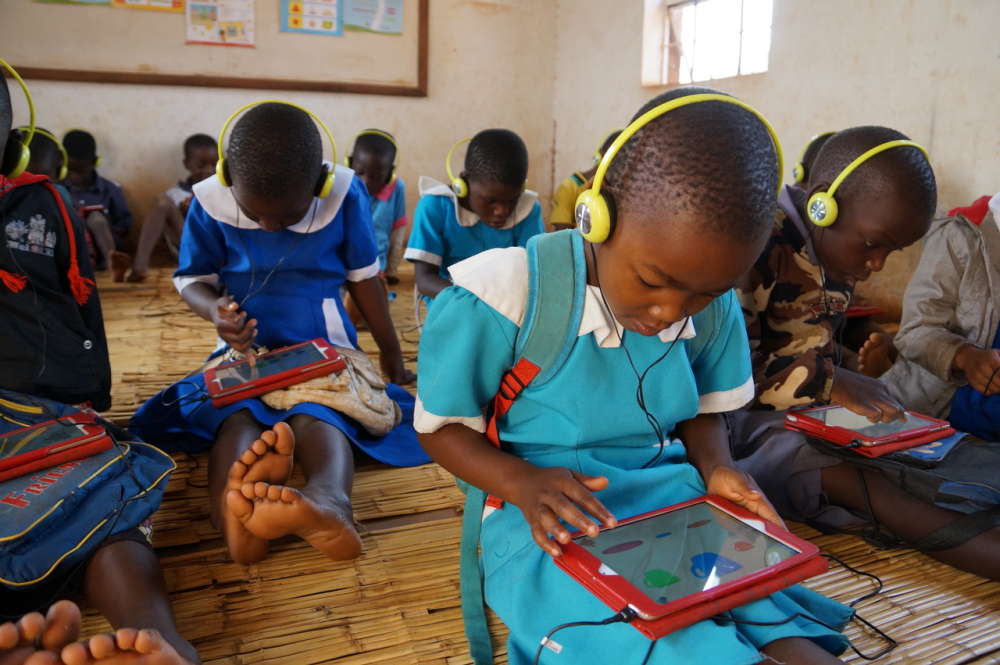The Elon Musk Project to Teach Illiterate Children to Read in 15 Months

Elon Musk is revolutionizing space travel, electric cars, solar power, and even tunnels these days. But you probably didn’t know he’s funding a project to help children in Tanzania read and write to the tune of $15 million.
It’s called the Global Learning XPRIZE, the latest attempt from the XPRIZE Foundation to revolutionize a new area of the world. They’ve tackled space planes and tricorders in the past, and are currently also running a race to the Moon.
This time around, the project is a much more humanitarian effort. The goal is to find a way to teach illiterate children to read, write, and do math by themselves. Globally, about 260 million children do not have access to primary or secondary education.
This project aims to address that. In Tanzania, children from 150 villages will be given one of 8,000 Pixel C tablets supplied by Google. On them will be software designed by a variety of teams as part of the XPRIZE to help the children (aged seven to ten) learn without more formal education.
Today, XPRIZE announced it had picked 11 semi-finalists from around the world, whittled down from 198 entrants in 2014, to move on to the next stage of the project. These will now have one month to finalize their software, which must be open source. In September, five finalists will be picked, each awarded $1 million, to move ahead with tests in Tanzania.
“The goal is getting [the children] to the highest level possible, but particularly to the cusp of going from learning to read to reading to learn,” Matt Keller, senior director for the Global Learning XPRIZE, told IFLScience. “It’s a moon shot for sure.”
Over 18 months, the children will use the learning resources on the tablets, with “substantial” pre-tests and post-tests focusing on reading, writing, and arithmetic, said Keller. Whichever team sees the most marked improvement in their children – compared to a control group – will win $10 million.
The tests that will be used are the Early Grade Reading Assessment (EGRA) and the Early Grade Math Assessment (EGMA). XPRIZE has picked children who live very far from a school, making getting an education almost impossible. “They will all be largely illiterate, living in very remote places,” said Keller.
Related Posts
Colleen’s Corner Receives 2 Grants & 700+ Children Books!
Colleen’s Corner is off to a great start Colleen would be so happy! We…
30 July 2017In Honor of Teachers
Source: NY Times Since it’s back-to-school season across the country, I wanted…
30 July 2017

